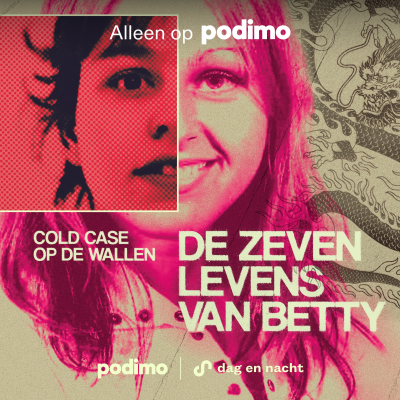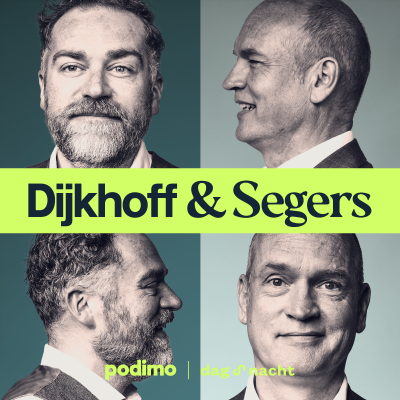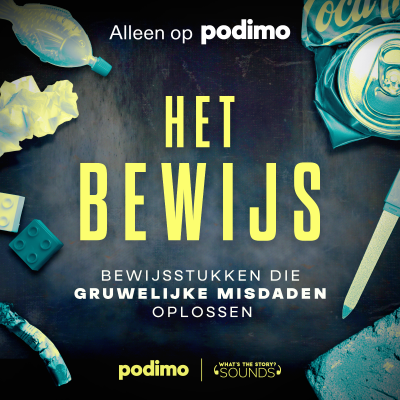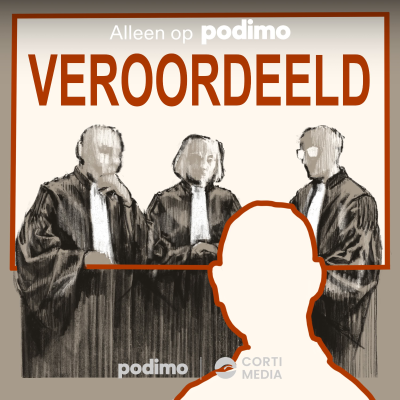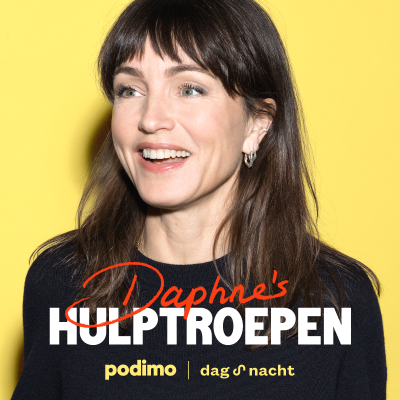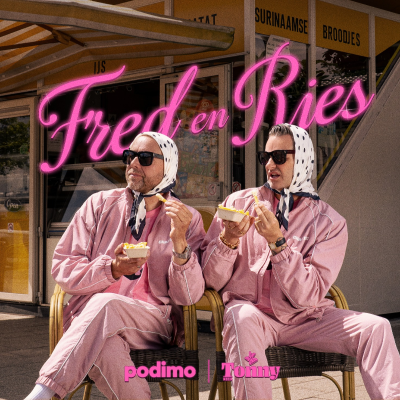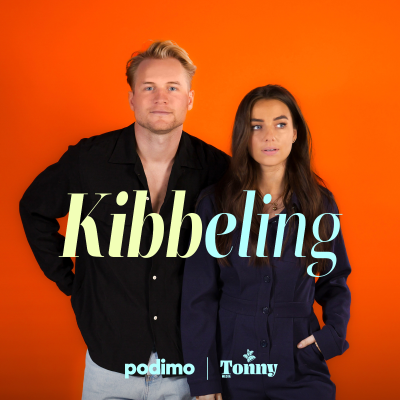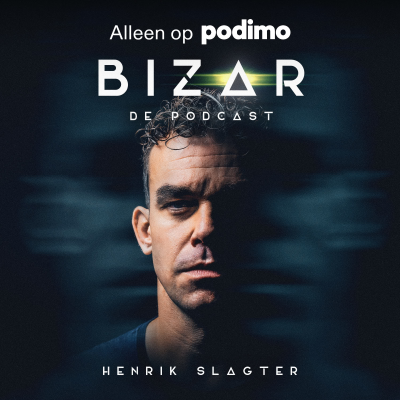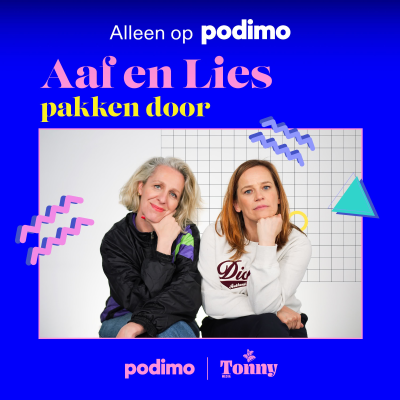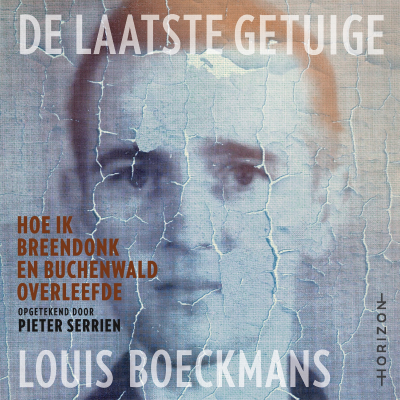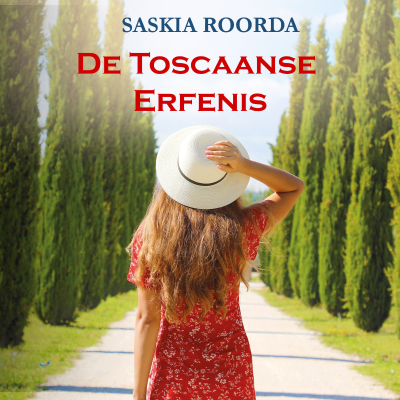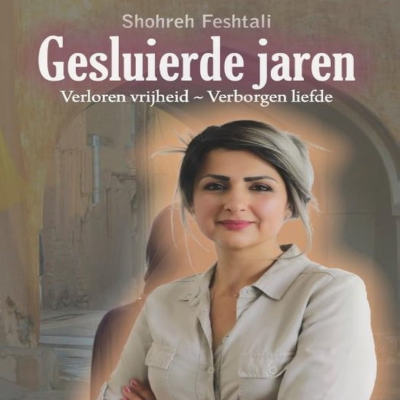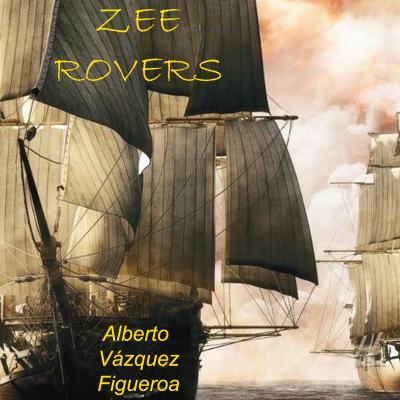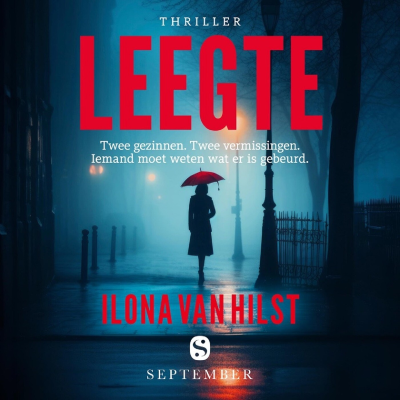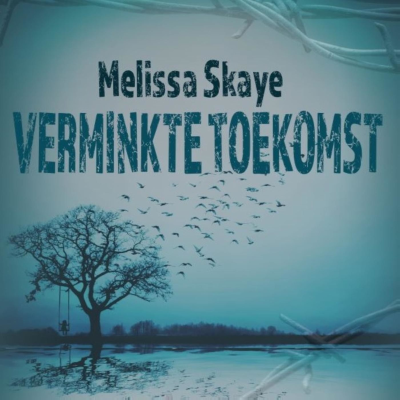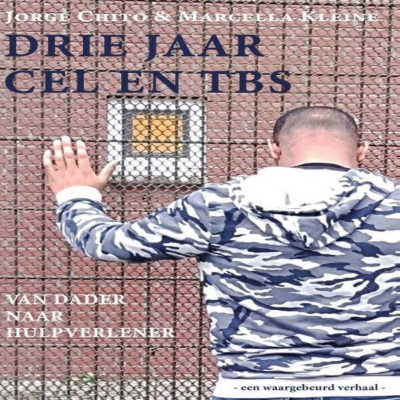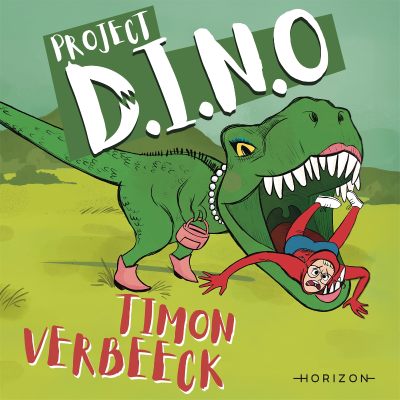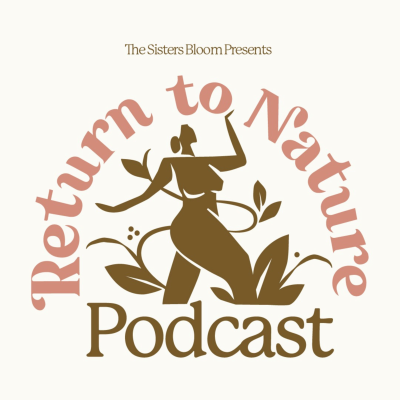
Return to Nature
Engels
Business
Tijdelijke aanbieding
2 maanden voor € 1
Daarna € 9,99 / maandElk moment opzegbaar.
- 20 uur luisterboeken / maand
- Podcasts die je alleen op Podimo hoort
- Gratis podcasts
Over Return to Nature
The health of humans and the planet are interconnected. Across industries, the forward march of progress has led to practices that, despite being proven as harmful, continue to proliferate. Fortunately, individuals and companies around the world have been innovating solutions that prioritize human and planetary health over profit. Join host Melissa Bloom, Founder of The Sisters Bloom, for inspirational conversations with the people reforming their industries with eco-conscious values and proving that, even in our modern world, it’s possible—and necessary—to live in alignment with Nature.
Alle afleveringen
22 afleveringenGenerational Farming with Will Harris of White Oak Pastures
In this episode of Return to Nature, Melissa interviews Will Harris, the owner of White Oak Pastures, a holistically managed regenerative ranch and farm in Bluffton, Georgia. Will is a fourth-generation cattleman, who tends the same land that his great-grandfather settled in 1866. Born and raised at White Oak Pastures, Will left home to attend the University of Georgia's School of Agriculture, where he was trained in the industrial farming methods that had taken hold after World War II. Will graduated in 1976 and returned to Bluffton, where he and his father continued to raise cattle using pesticides, herbicides, hormones, and antibiotics. They also fed their herd a high-carbohydrate diet of corn and soy. These tools did a fantastic job of taking the cost out of the system, but in the mid-1990s, Will became disenchanted with the excesses of these industrialized methods. In 1995, Will made the audacious decision to return to the farming methods his great-grandfather had used 130 years before. Since Will has successfully implemented these changes, he has been recognized all over the world as a leader in humane animal husbandry and environmental sustainability. Will is the immediate past President of the Board of Directors of Georgia Organics. He is the Beef Director of the American Grassfed Association and was selected 2011 Business Person of the year for Georgia by the Small Business Administration. He is also the author of A Bold Return to Giving A Damn, a memoir-meets-manifesto on betting the farm on a better future for our food, animals, land, local communities and our planet. Will Shares: * How his great grandfather and grandfather ran the farm and how his father transitioned to industrial practices * How he was raised and educated to believe that there was nothing wrong with industrial farming practices * His observation of the quality of his farm’s dirt versus the untouched soil in the woods * The reason his daughters have chosen to come back to the farm and work at White Oak Pastures * The unintended consequences of industrial agriculture and taking cost out of production * How transferring from industrial to regenerative is a long term process * The importance of allowing animals to express their instinctive behaviors * The resiliency of regenerative agriculture versus the efficiency of industrial agriculture * How label regulations can affect farmer’s profitability * The pandemic’s role in their creation of White Oak Pasture’s new distribution avenue: online orders * The right amount of growth for a regenerative farming operation to make sure short term profitability is not the main focus, but rather generational profitability * White Oak Pasture’s non-profit, which helps educate people on their regenerative practices * How the government could be instrumental in making a national shift to regenerative agriculture * Why the shift to regenerative will most likely happen outside of the existing industrial model You can connect with Will through White Oak Pastures: Website: www.whiteoakpastures.com [https://whiteoakpastures.com/] Instagram: @whiteoakpastures [https://www.instagram.com/whiteoakpastures/] Facebook: @whiteoakpastures [https://www.facebook.com/whiteoakpastures] Intro/Outro music by Ken Belcher [https://www.kenbelcher.com/] Sound Mixing by Andrew Pals [https://a180msound.wixsite.com/a180msound]
20. A New Model of Ranching with Cole Mannix of Old Salt Co-op
In this episode of Return to Nature, Melissa interviews Cole Mannix, the president and co-founder of Old Salt Co-op. As fifth generation of the Mannix family, his love for people, ranching, and land stewardship is deep rooted in Montana. Though his schooling and professional life have taken him many places beyond the ranch, his heart remains devoted to the cause of bringing people together around a love for life and all of its beautiful diversity. He founded the Old Salt Festival, a food & music celebration of Montana land stewardship hosted on the Mannix Family Ranch in Helmville, MT, bringing together wood-fired cooking, Americana musicians, Montana ranchers, and Western makers to celebrate in high Montana style. Cole Shares: * The deep history the Mannix Family shares with their Ranch in Helmville, Montana * How his time away from the ranch got him interested in the distribution side of the operation * How the Salt of the Earth Rancher’s Cooperative was started and why it evolved * The problem with food labels * The issues with policy change when it comes to agriculture * How the Old Salt Co-op came to be * The necessity of making an entirely new system versus just trying to change production of meat * The importance of broadening our idea of success and wealth * Why and how producers should have ownership in distribution avenues * The fallacy of failure when it comes to regenerative ranching and truly healing the soil * Having an organic mindset even when you have to rely on conventional methods * How familiarity with the process can build trust for a product * How labels and certifications can be true but not meaningful You can connect with Cole through Old Salt: Website: www.oldsaltco-op.com [https://www.oldsaltco-op.com/] Instagram: @oldsaltcoop [https://www.instagram.com/oldsaltcoop] Instagram: @oldsaltfestival [https://www.instagram.com/oldsaltfestival/] Intro/Outro music by Ken Belcher [https://www.kenbelcher.com/]
19. The Hidden Toxins in Our Clothing with Jeff Garner of Prophetik
In this episode of Return to Nature, Melissa interviews eco fashion designer and filmmaker Jeff Garner. He and his sustainable label Prophetik are on a path of transformation, leading the evolution of fashion and changing our perception of luxury by creating sustainable, plant-based fashion. Born in the Civil War town of Franklin, Tennessee, and raised on a horse farm, Garner grew with a connectedness to nature and a peaceful understanding of the world. His ultimate vision is to bring awareness to the toxins found in commercial synthetic fashion and the health implications to the human body to allow everyone the power of choice. His documentary, Let Them Be Naked, exposes the hidden dangers of toxic chemicals found in everyday clothing and reveals the devastating health impacts of these unregulated substances, shedding light on their role in chronic diseases such as cancer. The film advocates for a radical reimagining of garment production, highlighting how the choices we make as consumers affect both our health and the planet. Jeff Shares: * How he got his start in fashion dressing his musician friends for their bands * The importance of practical education through learning on the job * The dichotomy of growing up wearing handmade clothing with natural materials versus the synthetic materials he had to work with in his early career interning for mainstream fashion brands * How natural fibers used to be the norm and his mission to convert us back to that so price points go down * How synthetic fibers are made to look and feel like natural fibers * The factors playing in to why more people aren’t buying natural, from economic to educational * The policy change necessary to regulate the fashion industry and make materials more transparent * The lack of accountability for fashion conglomerates versus small designers actually creating their clothing * How fashion conglomerates can start phasing in non-toxic, natural clothing without sacrificing the rest of their inventory * The hidden products used on what would otherwise be organic clothing * How the end clothing products need to be tested before reaching consumers * A participatory model of fashion where people buy undyed clothing and dye it naturally, throughout the years changing its color to reinvigorate it * The best way to get rid of plastic-based clothing * The component of consumer education that is needed to bridge the gap between what is seen as a quality product versus natural * The issues with certifications supposedly regulating materials and manufacturing processes You can connect with Jeff through Prophetik and Let Them Be Naked: Website: www.prophetik.com [http://www.prophetik.com] Website: www.letthembenaked.com [http://www.letthembenaked.com] Instagram: @prophetik [https://www.instagram.com/prophetik] Instagram: @letthembenaked [https://www.instagram.com/letthembenaked/] Facebook: @prophetik [https://www.facebook.com/prophetik/] Sound Mix by Andrew Pals [https://a180msound.wixsite.com/a180msound] Intro/Outro by Ken Belcher [https://www.kenbelcher.com/]
18. Ranching in Relationship to Land and Community with Brian Gorman of Blarney Ranch
In this episode of Return to Nature, Melissa interviews Brian Gorman, a regenerative rancher and co-owner of Blarney Ranch. He and his wife Karla raise grass-finished Dexter beef on a historic ranch in Trego, Montana. The ranch has been in continuous operation since 1894. Brian was born and raised in Monterey Country, California, an area extremely well known for agriculture. The events of September 11th, 2001 led him to join the US Army for 10 years, where he was shocked to discover the poor quality of food provided to soldiers. While in Afghanistan, he visited the dining facility of a German-controlled base to find real, high quality food being served. He and his wife were always conscious of health and what they consumed, which led them to raise and grow a lot of their own food, including meat. In 2015, they decided to move to Montana and start a ranch of heritage breed cattle. An homage to their engagement in Ireland and the Blarney Castle, they chose the name for their ranch, which is derived from the gaelic “an bhlarna,” meaning “small green field.” Brian Shares: * His experience in the US Army and the quality of food provided versus what he was used to growing up at home * The industrial trajectory our food systems have been on since World War II * How he and his wife chose to settle in Montana and how they began their first regenerative ranch in Arlee * The demand that led them to move to their current operation in Trego, Montana * Why cattle breed matters and how he chose the heritage breed Blarney Ranch raises * Why Angus became the popular choice for beef in America * How cross breeding has affected animal instincts and ancestry * How regenerative agriculture is just a new term for an old way of farming and ranching * How being in tune with the environment and observing what the land needs can broaden the climates in which agriculture can be practiced * How regenerative ranching practices have brought native species of plant life back to Blarney Ranch’s land * A look inside Blarney Ranch’s regenerative operation * How regenerative ag affects irrigation * How stockpile foraging works in Winter * The scalability of regenerative agriculture * The “value added” products that are possible when ranching regeneratively * The ethics of raising meat in a society that is disconnected from the realities of agriculture * The greenwashing of the industry that makes it hard for consumers to truly know the quality of food they’re purchasing You can connect with Brian through Blarney Ranch: Website: www.blarneyranch.com [https://blarneyranch.com/] Instagram: @blarneyranch [https://www.instagram.com/blarney_ranch/] Facebook: @blarneyranchmt [https://www.facebook.com/blarneyranchmt/?_rdr] Intro/Outro Music by Ken Belcher [https://www.kenbelcher.com/]
17. Animating Through Technological Advancements with Chuck Duke
In this episode of Return to Nature, Melissa interviews Chuck Duke, a seasoned stop-motion and CGI animator with over 40 years experience. At age 22 Chuck found himself working claymation for Will Vinton Studios sculpting and animating the California Raisins. Between 1985 and 1995 Chuck animated on several Emmy winning Television Productions for Will Vinton. He left Vinton Studio to work on his first feature film, Henry Selick's James and the Giant Peach. In 1997, Chuck began working at George Lucas's ILM, animating on films such as Small Soldiers and Star Wars Phantom Menace. Since then, he has animated on notable stop-motion films such as Wes Anderson’s Fantastic Mr. Fox and Isle of Dogs, Tim Burton’s Frankenweenie, and Guillermo del Toro’s Pinocchio. Chuck Shares: * The Ray Harryhausen film that sparked his interest in learning how stop-motion was done * How he made his early stop-motion films as a teenager * His dad’s support for his interest in the arts and animation * The lack of schooling available for stop-motion and animation in general during his college experience and how he garnered an informal education * His first job in stop-motion for Will Vinton Studios and how he got it * How technological progress has changed everything from getting an education to breaking into the industry. * An overview of how stop-motion technology and software has changed since he started * The capabilities of the industry standard Dragonframe [https://www.dragonframe.com/] stop-motion software * How he got hired on Henry Selick’s James and the Giant Peach * Why the Mars Attacks! animation switched from stop-motion to CGI * Why he and other stop-motion animators transitioned to doing 3D animation * The differences between the various stop-motion directors he’s worked with * His experience animating at The Sisters Bloom
Kies je abonnement
Tijdelijke aanbieding
Premium
20 uur aan luisterboeken
Podcasts die je alleen op Podimo hoort
Gratis podcasts
Elk moment opzegbaar
2 maanden voor € 1
Daarna € 9,99 / maand
Premium Plus
Onbeperkt luisterboeken
Podcasts die je alleen op Podimo hoort
Gratis podcasts
Elk moment opzegbaar
Probeer 30 dagen gratis
Daarna € 11,99 / maand
2 maanden voor € 1. Daarna € 9,99 / maand. Elk moment opzegbaar.


